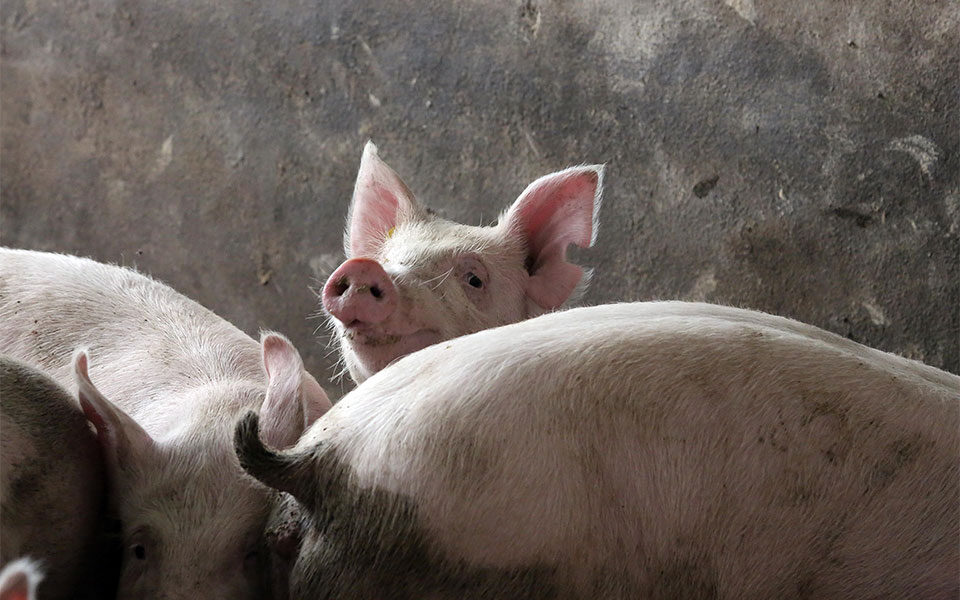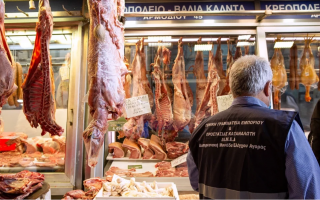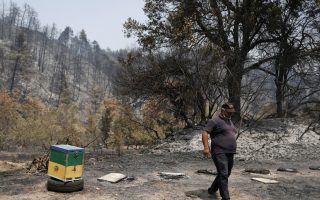Veterinary authorities on alert to protect Greek pig sector from ASF

The veterinary services of Central Macedonia in the regions of Serres and Kilkis are in a state of high vigilance to avoid the possible spread of African swine fever (ASF) from neighboring Bulgaria to Greece and protect the nation’s pork industry.
The Deputy Regional Minister of Agricultural Economy of the region, Giorgos Kefalas, told state-run AMNA news agency that health authorities are following European health and veterinary legislation and implementing measures in areas that are within a radius of one kilometer from regions where infections have been reported.
“So far we are doing well, we do not have any cases or anything that could cause a problem,” he said, adding that all the weight of the effort is focused on the northern border with Bulgaria. “We do what is humanly possible and a little more so that we do not have a problem.”
To prevent ASF from affecting Greek pig farms, veterinary authorities recommend intensifying passive surveillance (collection and sampling of blood and tissues after locating dead wild boars, even after traffic accidents) and active surveillance in wild boars and domestic pigs (taking samples from hunted wild boars and domestic pigs and presenting them to the veterinary services). At the same time, biosecurity measures should be checked in hunting fields and in the pig farms and at Greece’s points of entry.
The disease affects domestic and wild pigs and can seriously affect the relevant animal population and the profitability of livestock, disrupting the movement of consignments and their products within the Union and exports to third countries.
According to the Animal Disease Information Notification System administered by the European Commission, cases of ASF have been recorded in several countries, including Bulgaria, Italy, Romania, Germany, Hungary and North Macedonia.





